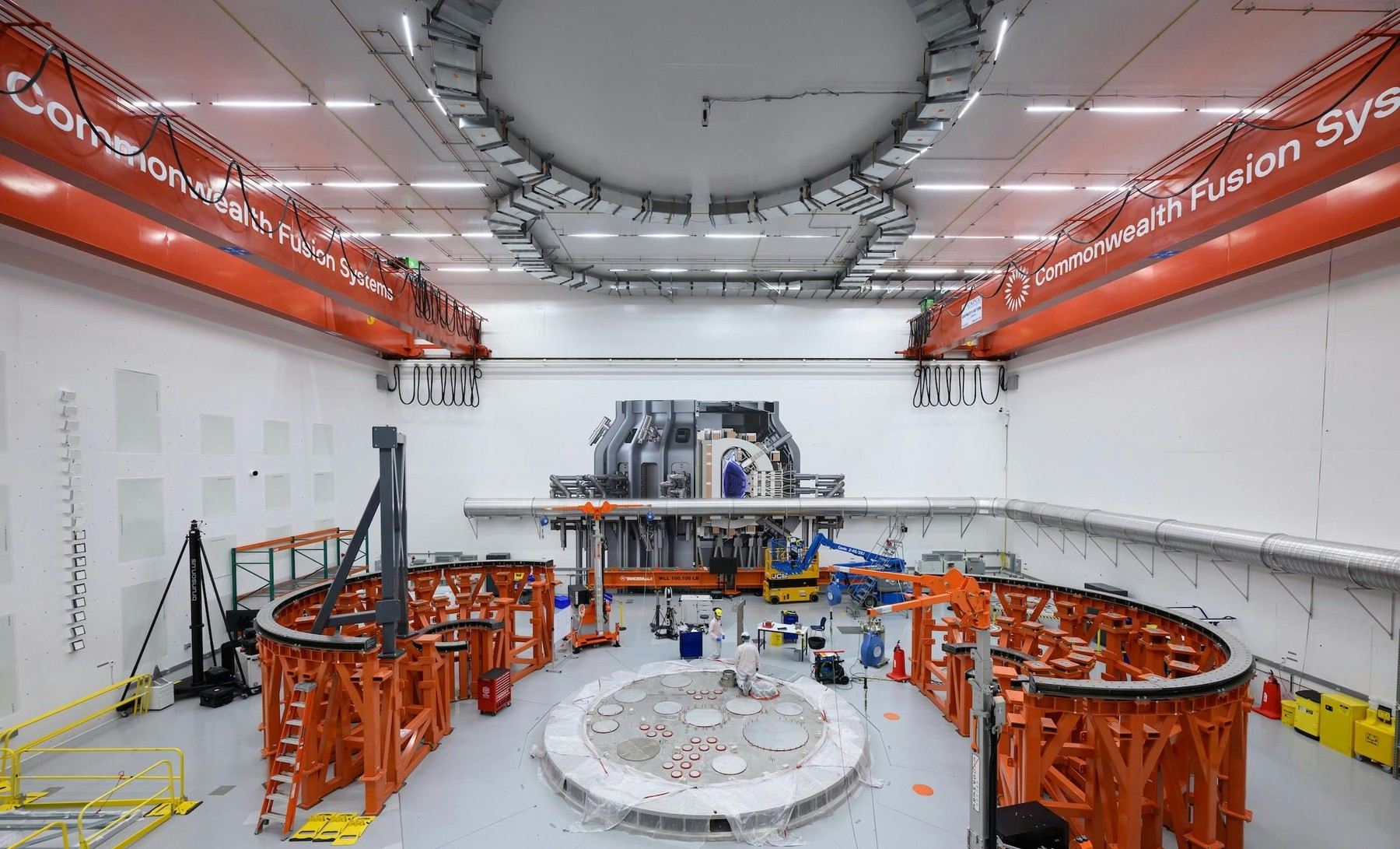2024 witnessed a surge in climate tech collaborations, uniting governments, corporations, and innovators to drive sustainability goals and technological advancements. From hydrogen hubs to carbon capture, these partnerships signify a bold commitment to a greener future. Here are 15 of the most impactful climate tech partnerships of the year.
1. BlackRock and Microsoft: $30 Billion Global AI and Energy Investment
The Global AI Infrastructure Investment Partnership (GAIIP) was launched to raise $30 billion in equity, aiming to scale energy-efficient data centers and supporting clean energy technologies. With potential debt financing, the initiative could mobilize up to $100 billion, marking one of the largest investments in green infrastructure. Read More
2. DeepGreenX and Hues Capital: $10 Billion Fund for AI and Green Energy
DeepGreenX and Hues Capital announced a $10 billion initiative split into two sub-funds focused on AI infrastructure and green energy technologies. The partnership advances decarbonization and computing innovations. Read More
3. Stellantis and CATL: €4.1 Billion Battery Joint Venture
This collaboration is constructing a lithium iron phosphate (LFP) battery plant in Zaragoza, Spain, with a planned capacity of 50 GWh. The venture supports Europe’s electric vehicle push and bolsters its battery value chain. Read More

4. European Commission and EIB: €3 Billion Battery Manufacturing Fund
The European Commission and the European Investment Bank joined forces to support electric vehicle battery manufacturing across Europe. The €3 billion initiative bridges critical financing gaps for the EU’s energy transition. Read More
5. Canada Growth Fund and Partners: $145 Million for Energy Transition
A $145 million investment by the Canada Growth Fund, CDPQ, Investissement Québec, and BDC Capital into MKB’s third fund focuses on advancing energy transition technologies, industrial decarbonization, and clean energy innovation. Read More
6. Aramco, Linde, and SLB: $1 Billion CCS Hub in Saudi Arabia
The trio announced a large-scale Carbon Capture and Storage (CCS) project in Jubail, Saudi Arabia. With a capture capacity of 9 million metric tons of CO2 annually by 2027, the hub aligns with Saudi Arabia’s net-zero ambitions. Read More
7. Amazon and Orbital Materials: Carbon Capture for Data Centers
Amazon partnered with Orbital Materials to deploy AI-designed materials for carbon removal in data centers. This project marks a pioneering approach to achieving net-zero emissions in IT infrastructure. Read More
8. Prumo and Fuella: Hydrogen Hub in Brazil
Prumo Logística and Fuella collaborated to establish a low-carbon hydrogen hub at the Port of Açu, Brazil. The project integrates hydrogen production with ammonia and methanol facilities, promoting industrial decarbonization and export capabilities. Read More
9. Singapore and Japan: Carbon Capture Collaboration
Singapore and Japan initiated a bilateral agreement to advance Carbon Capture and Storage (CCS) technologies. Joint R&D projects aim to reduce emissions across critical industrial sectors. Read More
10. Greenzo Energy and EODev: Hydrogen Generators in South Asia
This partnership focuses on deploying hydrogen fuel cell generators in India and Nepal, offering zero-emission solutions for agriculture and industrial sectors. Read More
11. Hygenco and Topsoe: Green Ammonia Plant in India
Hygenco and Topsoe collaborated to build a large-scale green ammonia facility in Odisha, India, employing cutting-edge technology to reduce industrial emissions. Read More
12. Nu:ionic Technologies and RW Energy: Distributed Hydrogen Projects
This alliance focuses on modular hydrogen production and carbon capture technologies across U.S. energy parks, accelerating decentralized energy solutions. Read More
13. Westinghouse and CORE POWER: Floating Nuclear Power Plants
This collaboration resulted in eVinci™ microreactor-based Floating Nuclear Power Plants, offering clean energy solutions for coastal and maritime regions. Read More
14. RMI and Third Derivative: Industrial Decarbonization Cohorts
Supported by a $2 million grant, RMI and Third Derivative launched Innovation Cohorts targeting the steel, cement, and chemical sectors to drive decarbonization in hard-to-abate industries. Read More
15. BluSky Carbon and Cula Technologies: Verified Carbon Removal
BluSky Carbon partnered with Cula Technologies to implement Monitoring, Reporting, and Verification (MRV) systems. This ensures efficiency and transparency in BluSky’s carbon removal projects, strengthening the integrity of carbon credits. Read More
Climate Insider Notes
This year’s partnerships highlight key trends in climate tech:
- Mega-Funds for Decarbonization: BlackRock, Microsoft, and DeepGreenX spearheaded investments into AI and clean energy at an unprecedented scale.
- Batteries and Hydrogen: Collaborative efforts in battery manufacturing and hydrogen hubs signal these technologies’ central role in the energy transition.
- Global Collaboration: Partnerships like Singapore-Japan and Canada Growth Fund showcase international efforts to tackle emissions and build resilience.
- Industry-Specific Decarbonization: Initiatives targeting sectors such as steel and cement underline the growing focus on mitigating emissions in hard-to-abate industries.
These ventures illustrate the power of collaboration in accelerating climate solutions, setting the stage for impactful transformations in 2025 and beyond.








